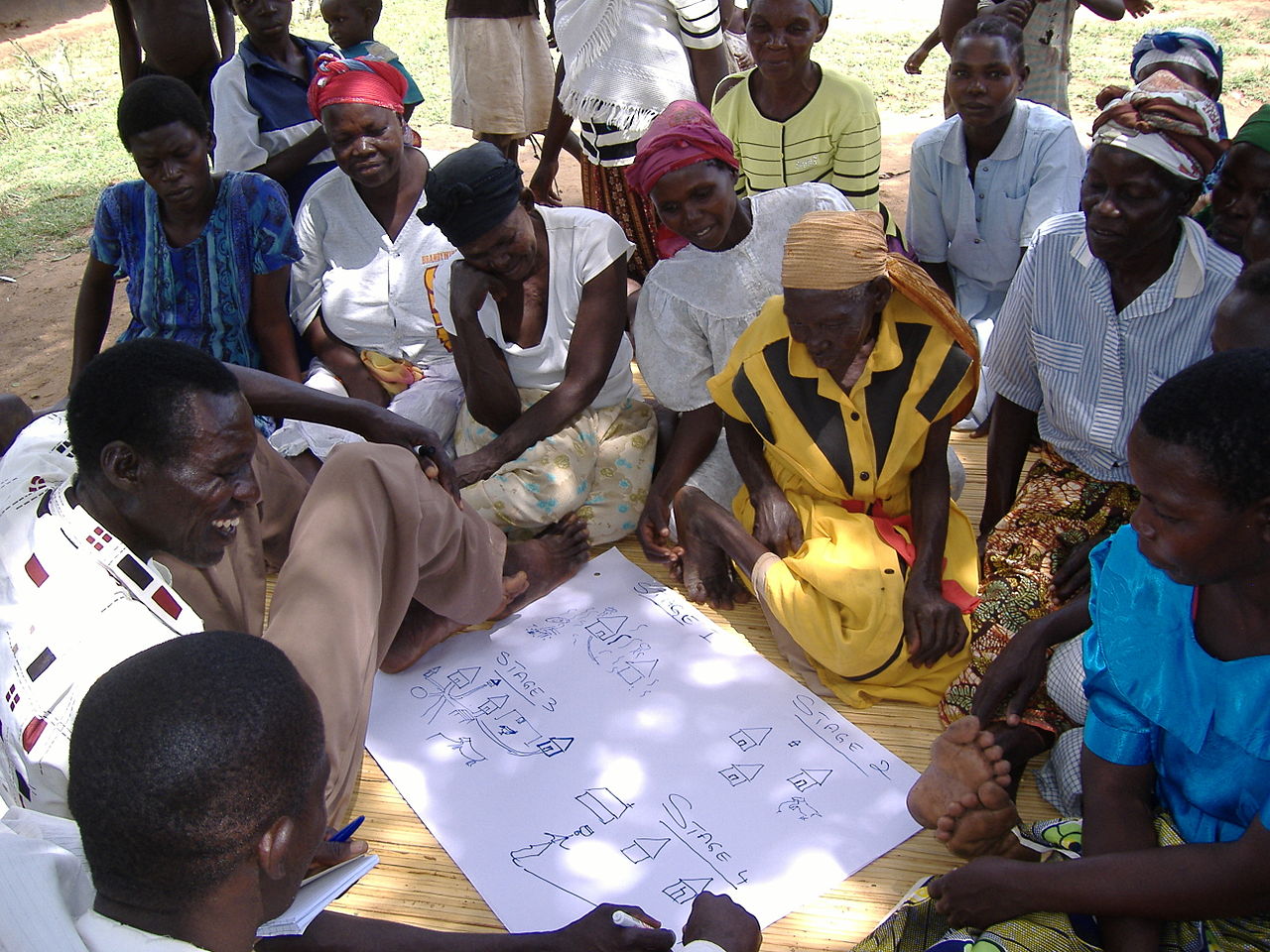
by Aniket Bhushan and Shannon Kindornay
Published: October 20, 2015
This post follows on our recent series on the Sustainable Development Goals. The series unpacked the implications of the new agenda adopted at the UN last month.
We focus on the response of the incoming majority Liberal government, specifically on the question of Sustainable Development Goals. The response comes from an all party survey conducted by the We Can Do Better campaign.
The survey asked all major parties contesting the election: how will Canada’s next government situate Canada in the world?
We focus below on the question of whether Canada needs a plan to implement the Sustainable Development Goals, and if so how they may be implemented both at home and abroad.
There are three reasons we focus on the response:
- The Liberal party, with a majority, has a major opportunity to realize stated ambitions.
- The Liberal response was by far the most comprehensive of all the parties.
- The response provides a deeper articulation of the party’s thinking than available in earlier documents (such as the platform).
Elevating Canada’s global standing is a key component of the incoming government’s agenda. One way to achieve this is to chart a clear course on multilateral processes such as the SDGs, but also the upcoming climate summit in Paris, and for that matter the Trans Pacific Partnership.
Seven points by which the Liberal response distinguishes itself and that are important to keep in view:
- It identifies and leads with the key differentiating feature of the SDGs: universality (which, as we have shown elsewhere is critically important).
- It links climate change and Canada’s energy strategy in the context of the SDGs.
- It calls for “concrete measures” to foster gender equality.
- It highlights multilateralism and partnership with civil society.
- It calls for a “new policy and funding framework” to guide aid decisions.
- It recognizes the lapsed aid spending issue head on.
- It voices continued support for a more comprehensive approach to MNCH, covering reproductive health.
These points are worth bearing in mind especially for Canadian civil society advocates and change agents as they work to hold the new government to account.
Response of the incoming Liberal government on a question regarding Canada and the Sustainable Development Goals
Question: Do you agree that Canada needs its own plan to implement the Sustainable Development Goals? If so, would your party develop an action plan to clearly articulate how Canada would implement, both at home and abroad, the Sustainable Development Goals?
A Liberal government will commit to the Sustainable Development Goals
and unlike the Harper government, Liberals support the tenet of universality.
Moreover, the UN Sustainable Development Goals must be
more than aspirational targets. The Liberal Party believes Canada must
have a comprehensive plan to make measurable progress toward
achieving these goals both at home and abroad. Our plan will ensure a fairer, more equal Canada, and ensure we reengage with the world in a cooperative and productive way.
We cannot be a world leader in reducing inequality and poverty if we do not address those issues within our own borders. The Liberal Party is presenting a comprehensive plan to reduce poverty and income inequality by investing massively in social infrastructure, lowering taxes for the middle class by raising them on the top 1 per cent, providing more financial support for those most in need and increasing flexibility for modern families.
We have a plan to take urgent action on climate change by both playing an active and productive role on the world stage and making the necessary investments and changes here at home to achieve meaningful emissions reductions.
We are also proposing concrete action to conserve
and protect our fresh water and oceans. We will be full partners with the provinces and territories already working to develop a Canadian Energy Strategy; working to ensure Canada’s energy security, energy conservation, and bring more clean, renewable energy onto the electricity grid, including through direct federal infrastructure investments.
As noted above, we will implement concrete measures to foster gender
equality and greater economic security for women.
Under a Liberal Government will be a world leader at multilateral institutions, working with our allies to promote cooperation, tolerance and respect within those bodies. Canada has expertise to export when it comes to reconstruction of democratic institutions, providing development aid to those most in need, and forging partnerships with civil society to accomplish our shared goals.
In 2001, a Liberal government played a key role in the creation the Global Fund to combat AIDS, Tuberculosis and Malaria and committed $342 million to that fund in 2004-05, plus an additional $100 million towards anti-retroviral treatments. Liberals stand in solidarity with those who continue to fight against this deadly pandemic and are committed to achieving a future that is free of HIV and AIDS. We remain committed to the Global Fund and a Liberal government will ensure Canada’s active participation in the next round of replenishment.
Moreover, over the past ten years, Stephen Harper has steadily shifted aid away from the world’s poorest countries, particularly in Africa. A Liberal government will refocus our development assistance on helping the poorest and most vulnerable. To achieve that, we will consult with Canadian and international aid organizations to create a new policy and funding framework that will guide our aid decisions, empower people, and support growth in the developing world. As part of rebalancing our priorities, we will ensure that every dollar committed to international development actually gets spent.
We will not allow funds to lapse, as Stephen Harper has done. We will also ensure that Canada’s valuable aid initiative on maternal, newborn and child health (MNCH) is driven by evidence and outcomes, not ideology. Closing existing gaps in reproductive rights and health care can and will save lives. We will cover the full range of reproductive health services as part of MNCH initiatives.


Recent Comments